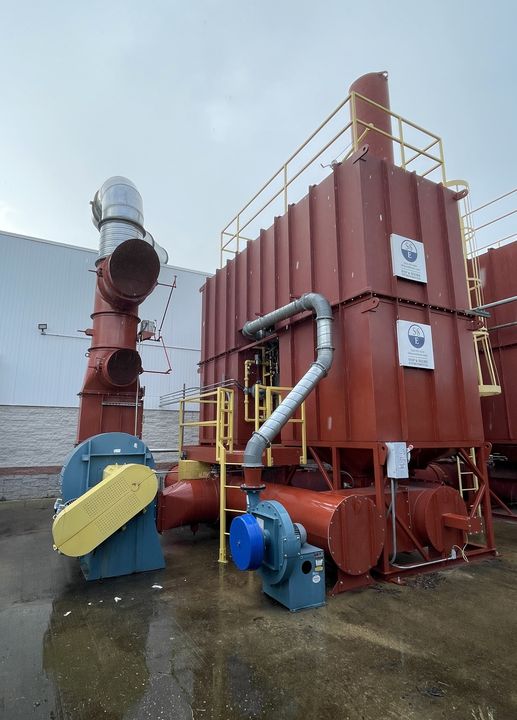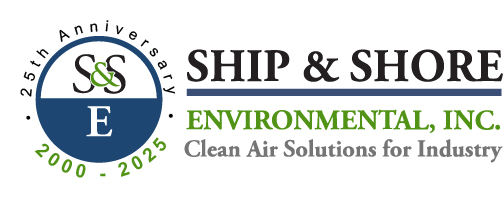
#TechTalk – Ship & Shore Environmental Working with Waste Food to Animal Feed Manufacturers to Maximize Sustainable Benefits
November 6, 2024 8:45 am#TechTalk - Ship & Shore Environmental Working with Waste Food to Animal Feed Manufacturers to Maximize Sustainable Benefits
Is it possible to provide nutritious animal food products, reduce cost, limit landfill waste/space, reduce climate global warming gases, and maximize profits?
According to the University of Wisconsin – Extension, “Every year in the United States more than 40% of edible food – about 34 million tons is wasted. This wasted food accounts for one fifth of the municipal solid waste entering the nation’s landfills. The cost of food disposal in the nation’s landfill is high, estimated to range from $750 million to $2 billion each year. In addition to being costly to deal with, this food waste contributes significantly to global warming, causing almost 20% of methane gas emissions (US EPA) to the atmosphere. Using food waste in livestock feeds can help farmers reduce feed costs and help food waste generators reduce disposal costs while minimizing the environmental impacts of this waste.”
Many types of food waste can be used and producers must meet strict regulatory guidelines – product usage and nutritional value added minimum requirements. In addition, using waste food for animal feed preserves valuable resources, such as fresh water and farm land for original feed product creation (if not recycled).
In converting this waste product to usable animal feed, producers need to partner with waste producers (college cafeterias, restaurants, bakeries, fruits, vegetables, meat production, etc.) to safely collect, store, convert nutritional waste products into high quality cattle, swine, chicken, fish food products.
Check out the US EPA for more valuable information at this link. https://www.epa.gov/…/reduce-wasted-food-feeding-animals
Ship & Shore Environmental is working with recyclers/feed producers to limit odor and potential VOC emissions from escaping production facilities. Filtration and thermal oxidizer equipment are commonly used to combat dust, odors, VOCs, sulfur, and ammonia based materials that could escape respective production facilities. Equipment may be required by law, but also is installed based on good neighbor policy to reduce emissions in highly populated residential areas. Odors/Emissions are realized from product storage, prep, cooking operations, dryers, and finished product areas.
Ship & Shore assists customers with custom solutions to minimize capital equipment needs with maximum control results. Capabilities extend to regulatory permit assistance and the claw-back of rebate incentives for the installation of control equipment (natural gas and electric utility providers). See our capabilities at www.shipandshore.com
Take a look at how food waste to animal feed can Maximize your Sustainability Goals by limiting waste, minimizing global warming, reducing natural resource use, while increasing profits. A winning formula for all.

Categorised in: Industry news, News, News, Ship & Shore, TechTalk

